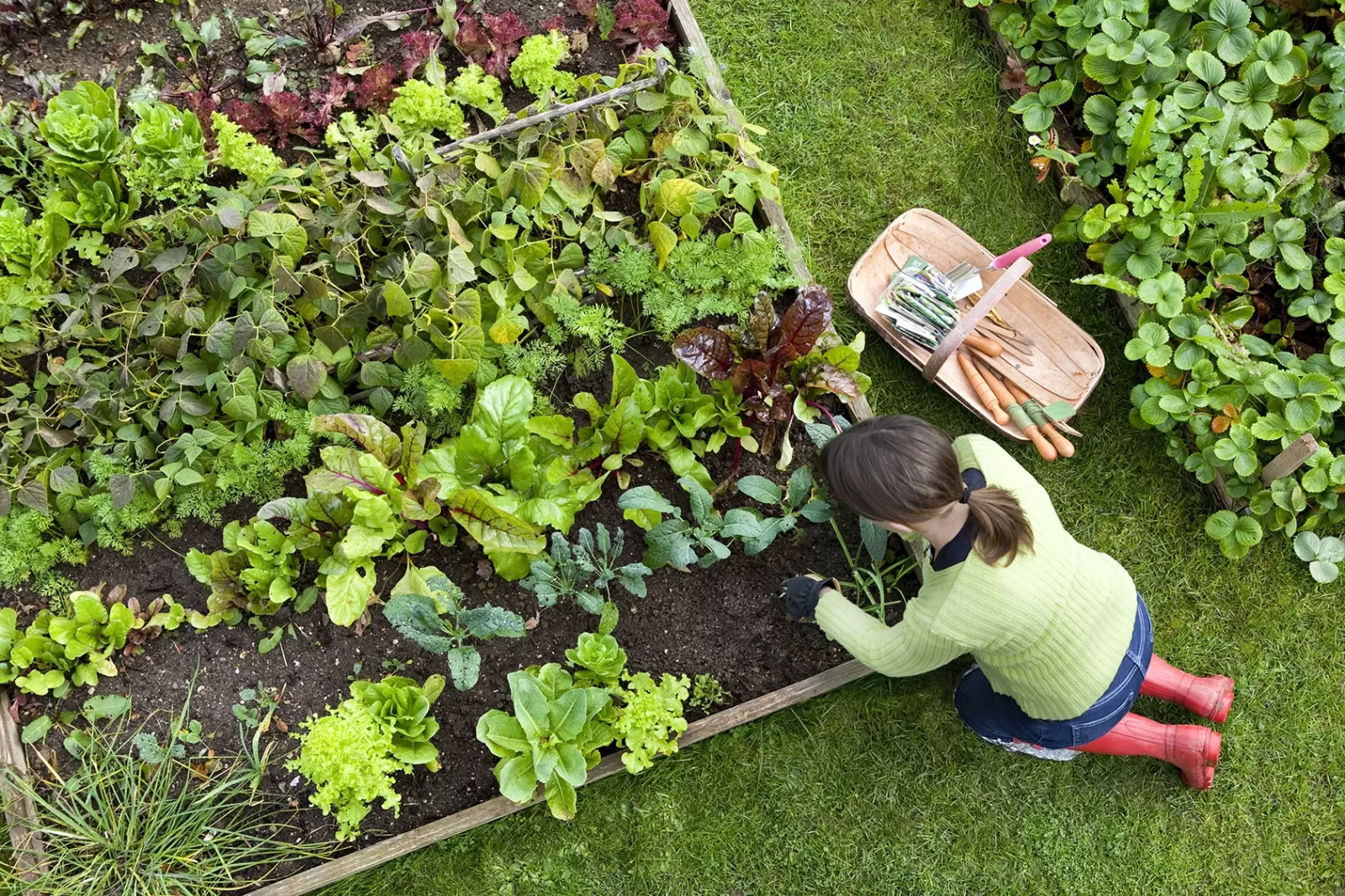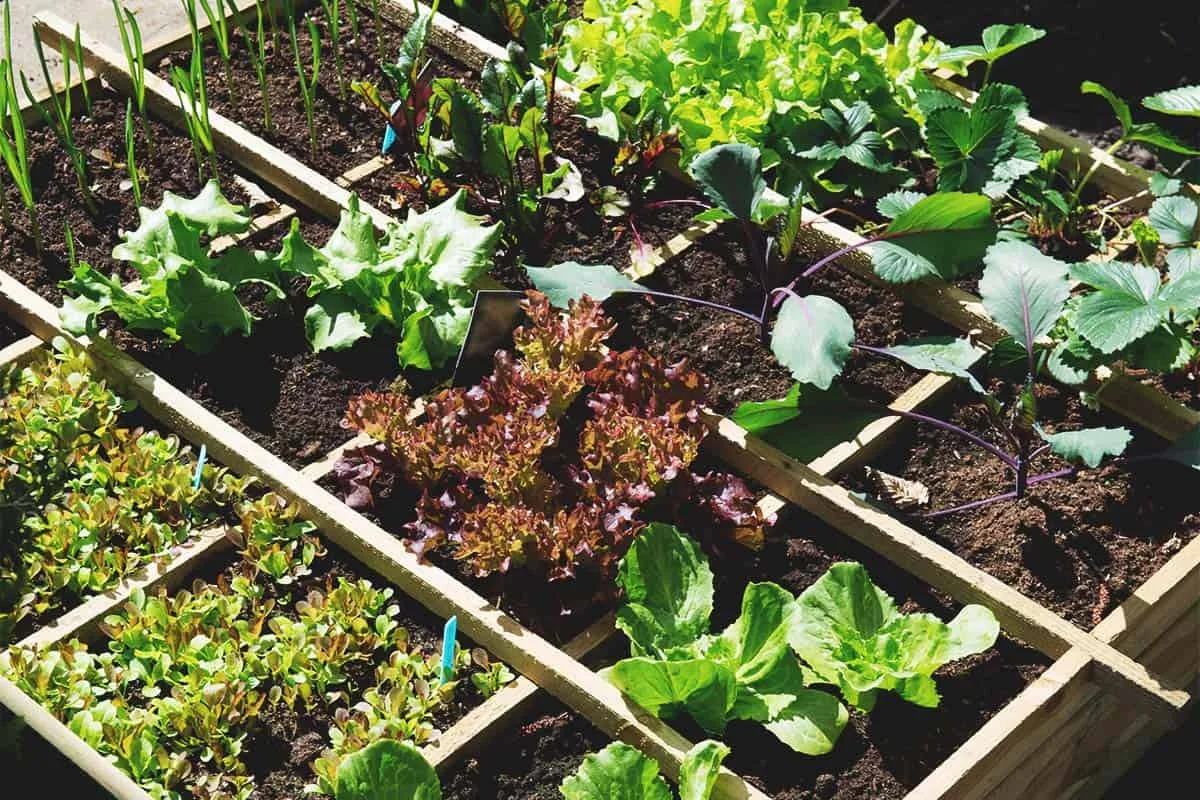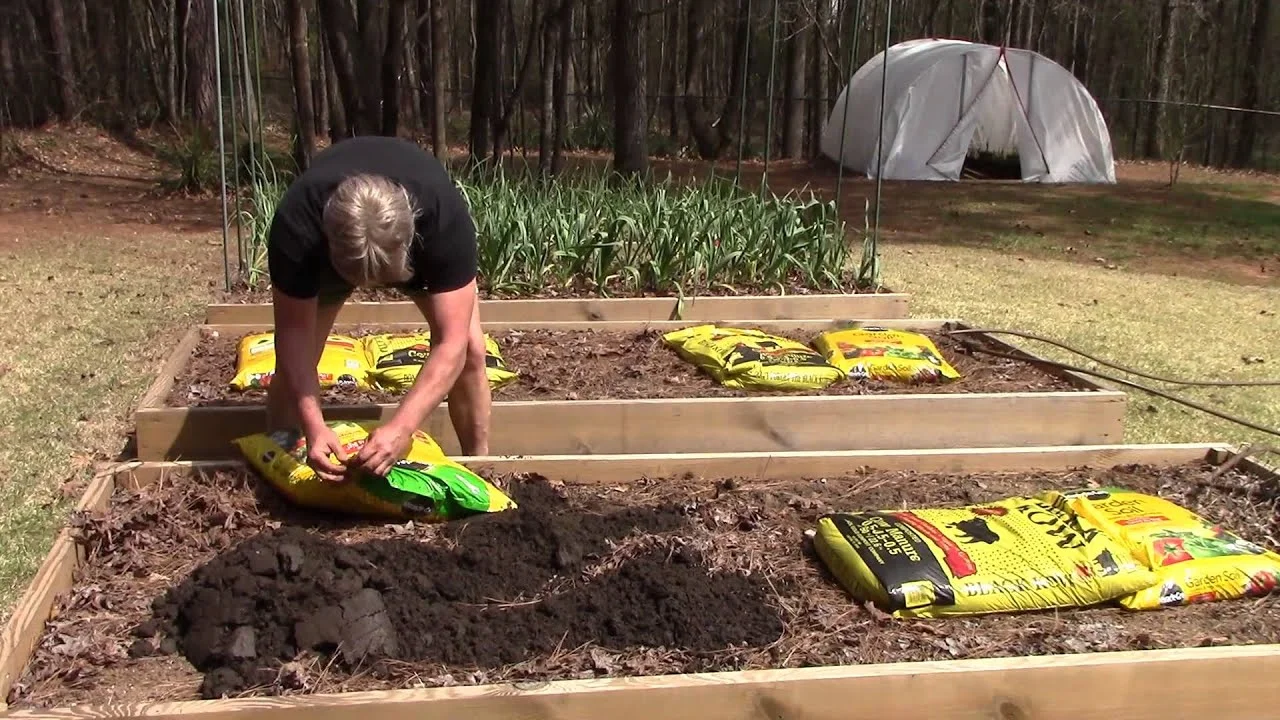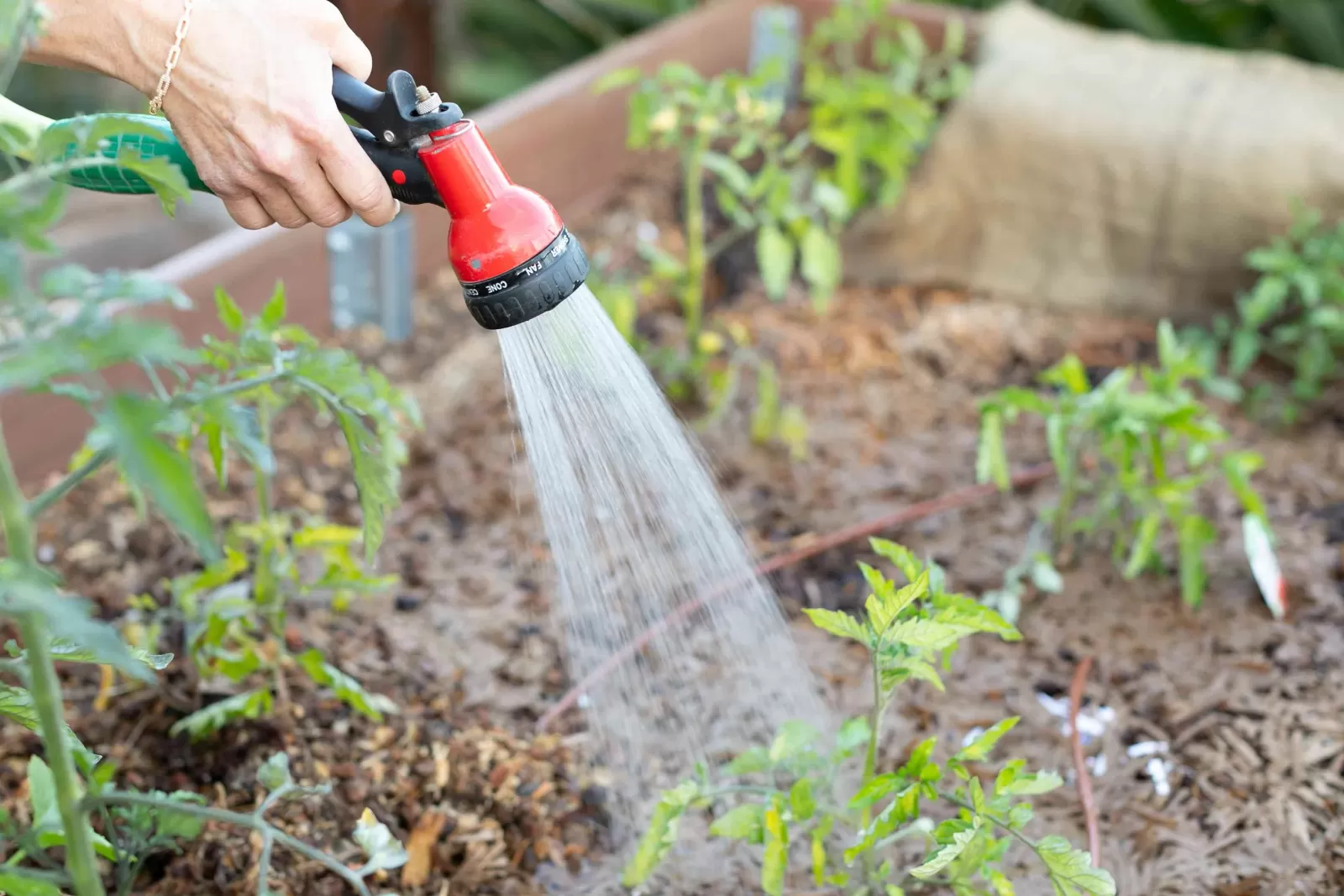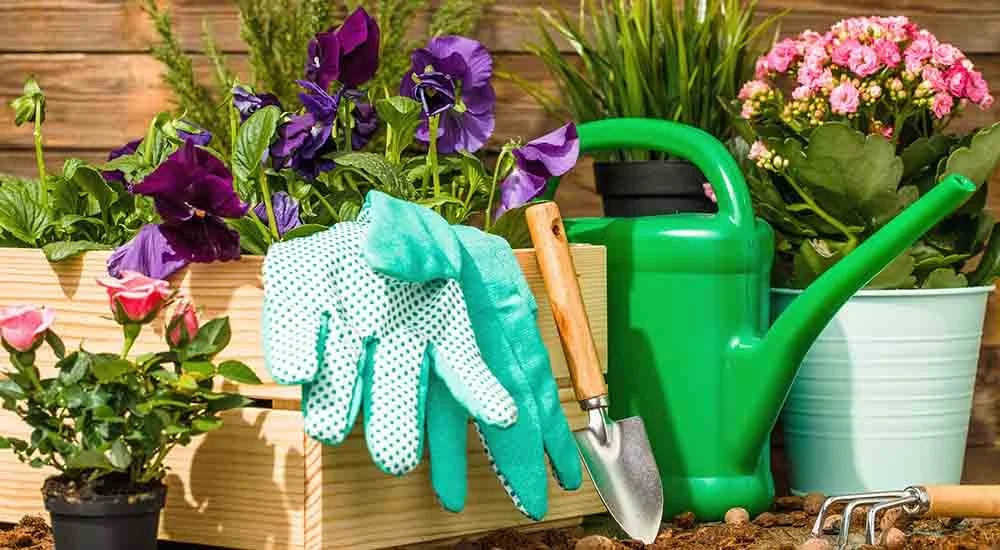Are you a beginner gardener eager to create a lush and thriving garden? Look no further!
Imagine this: you're standing in your backyard, surrounded by vibrant flowers and lush greenery. The scent of blooming roses fills the air as butterflies dance from one flower to another. With just a little knowledge and some easy-to-follow tips, you too can achieve this dreamy garden oasis.
The essential gardening tips for beginners
In this article, we will guide you through the essential gardening tips for beginners.
Firstly, it's crucial to choose the right plants for your garden that suit your local climate and soil conditions. We'll also show you how to properly prepare your garden bed by removing weeds and loosening the soil. Additionally, we'll provide expert watering techniques to ensure your plants receive the perfect amount of moisture without drowning them.
Furthermore, we'll share proper planting techniques so that each plant has the best chance at flourishing. Finally, we'll discuss maintenance and care tips to keep your garden looking its best year-round.
So grab your gloves and join us on this exciting journey into gardening success!
#1. Choosing the Right Plants for Your Garden
Now let's talk about how you can choose the perfect plants for your garden. When it comes to selecting plants, two important factors to consider are soil composition and sunlight requirements.
- Understanding the type of soil in your garden is crucial as different plants thrive in different soil conditions.nnSome prefer well-drained sandy soil, while others thrive in clay or loamy soil.
- Additionally, pay attention to the amount of sunlight your garden receives throughout the day. Some plants require full sun exposure, while others do better in partial shade or even full shade.
By analyzing these factors, you can make informed decisions about which plants will flourish in your garden. With this knowledge under your belt, let's move on to preparing your garden bed by providing optimal growing conditions for your chosen plants.
How you can choose the perfect plants for your garden
#2. Preparing Your Garden Bed
Preparing your garden bed
Before you get your hands dirty, it's essential to prep your garden bed for optimal plant growth. Soil preparation is key to creating a healthy and fertile environment for your plants.
- Start by removing any weeds, rocks, or debris from the bed. Loosen the soil using a garden fork or tiller, breaking up any clumps and improving drainage. Incorporate organic matter such as compost or well-rotted manure into the soil to add nutrients and improve its texture.
- Mulching is another important technique that helps retain moisture in the soil, suppresses weeds, and regulates temperature. Apply a layer of organic mulch around your plants, making sure not to pile it against the stems. Popular options include straw, wood chips, or shredded leaves.
Now that your garden bed is prepped and ready for planting, let's move on to watering and irrigation tips.
#3. Watering and Irrigation Tips
To keep your plants healthy and thriving, mastering the art of watering and irrigation is crucial. One effective method of irrigation is drip irrigation, which delivers water directly to the roots of your plants through a system of tubes and emitters. This helps to conserve water by minimizing evaporation and runoff.
When setting up a drip irrigation system, make sure to adjust the flow rate according to the needs of your plants, taking into consideration factors such as soil type and weather conditions. Additionally, it's important to establish a consistent watering schedule that suits the specific needs of your garden. Some plants may require more frequent watering while others may thrive with less. By understanding these needs and providing adequate moisture, you can ensure that your plants receive the right amount of water at the right time.
To keep your plants healthy and thriving, mastering the art of watering and irrigation is crucial
Now let's move on to proper planting techniques for optimal growth and development.
#4. Proper Planting Techniques
- Mastering the art of proper planting techniques is essential for ensuring optimal growth and development of your plants. To start, soil preparation is crucial. Make sure to remove any weeds or grass from the planting area and loosen the soil with a garden fork or tiller. This will help improve drainage and allow roots to penetrate easily.
- Next, consider mulching techniques. Apply a layer of organic mulch around your plants to help retain moisture, suppress weed growth, and regulate temperature fluctuations in the soil. Popular options include wood chips, straw, or shredded leaves.
Remember that different plants have varying spacing requirements, so be sure to follow the instructions on seed packets or plant tags when it comes to planting depth and distance between each plant.
Proper planting techniques is essential for ensuring optimal growth and development of your plants
Now that you've mastered proper planting techniques, let's move on to maintenance and care for your thriving garden without skipping a beat.
#5. Maintenance and Care
How to keep your garden flourishing like a well-tuned symphony
Now that you've got your green thumb, it's time to delve into the world of maintenance and care. Here, you'll learn how to keep your garden flourishing like a well-tuned symphony.
- One crucial aspect of maintaining a healthy garden is mastering pruning techniques. Pruning helps control the size and shape of plants while promoting new growth. Start by removing any dead or damaged branches with sharp, clean tools. Additionally, prune back overgrown areas to allow sunlight and airflow into the center of the plant. Remember to research specific pruning needs for different types of plants as they vary greatly.
- Another essential step in garden maintenance is soil testing. Conducting regular soil tests allows you to understand its pH level and nutrient content. This knowledge enables you to make informed decisions regarding fertilizer application and amendments that'll enhance plant health. Soil testing kits are readily available at garden centers or can be sent off for professional analysis.
By honing your pruning techniques and regularly conducting soil tests, you'll ensure that your garden thrives and becomes a vibrant oasis for years to come.
Conclusion
Congratulations! You've now reached the end of your gardening journey. Armed with these valuable tips and tricks, you're ready to embark on a green-thumb adventure like never before.
From choosing the perfect plants that dance harmoniously in your garden bed, to mastering watering techniques that quench their thirst just right, you've learned it all.
Remember, with proper planting and diligent maintenance, your garden will flourish like a symphony of colors and scents. So go ahead, dig in and watch as nature's masterpiece unfolds before your eyes. Happy gardening!
If you're interested in this post, visit meme funny to keep up with the latest lifestyle news.
Maybe you are interested:

Top Healthy Meal Prep Ideas: Quick & Nutritious Plans

Five Tips Of Financial Management For Young Adults
